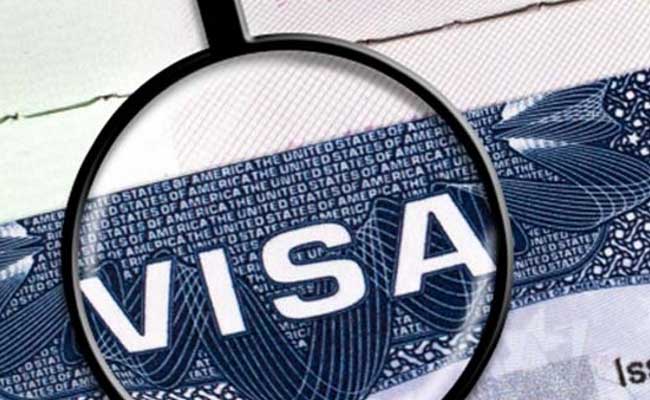The state of emergency, which was approved for 30 days, suspends four basic individual rights enshrined in the country’s Constitution: freedom of assembly; the right to a state-sponsored legal defense upon detention; the inviolability of correspondence and communications, as authorities will be able to intercept communications without a court order; and the period of administrative detention, which is now extended beyond 72 hours.
Article 29 of the country’s Constitution establishes that the state of emergency can be declared in “cases of war, invasion of territory, rebellion, sedition, catastrophe, epidemic and other general calamities, or severe disturbances of the public order,” and it can be extended past 30 days.
“Instead of protecting Salvadorans, this broad state of emergency is a recipe for disaster that puts their rights at risk,” said Tamara Taraciuk Broner, acting Americas director at Human Rights Watch, in a news release published Tuesday.
Late Saturday, Bukele asked the Legislative Assembly on Twitter to approve a state of emergency. The assembly met during an extraordinary session at 11 p.m. that night. The state of emergency was approved with 67 votes out of a total of 84.
Bukele has a majority in the Legislative Assembly and has recently removed the country’s attorney general from office along with five Supreme Court judges, which caused concern among U.S. officials. “El Salvador has virtually no independent institutions left as a check on executive power,” Human Rights Watch said in its release.
.png)











 English (United States) ·
English (United States) ·  Turkish (Turkey) ·
Turkish (Turkey) ·